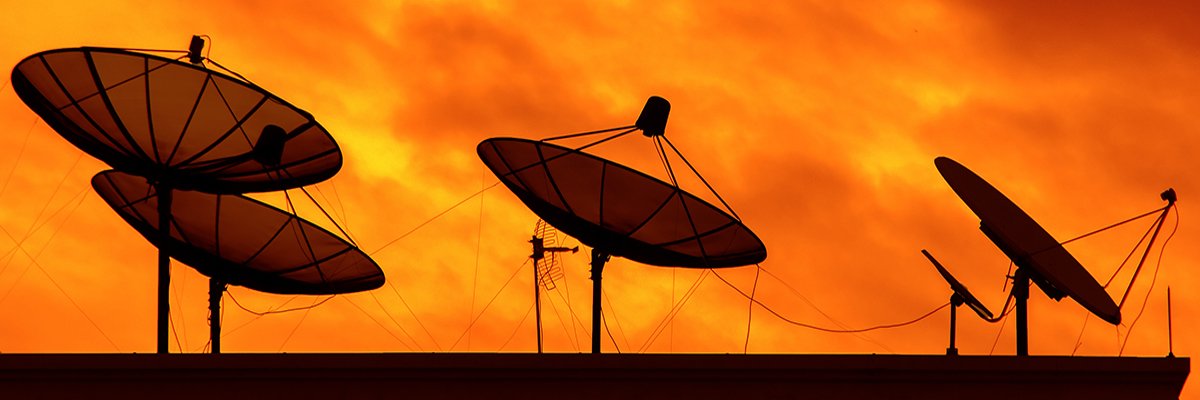Microsoft, Nokia seal space, 5G agreement for South Australia
The battle for broadband is rapidly becoming a race in space, and in the latest development in the satellite broadband sector, Microsoft and Nokia have signed an agreement with South Australia’s Department for Trade and Investment to demonstrate how space technology can combine with 5G edge connectivity to support a new generation of digital solutions.
The companies say they will work together to use space and 5G technologies to tackle the world’s most challenging issues and pathfinder opportunities.
Microsoft’s Azure Space team is joining South Australian development site Lot Fourteen and collaborating closely with the Australian Institute for Machine Learning on space emulation innovation, and with Stone & Chalk – which partners with experts, universities, investors, mentors, corporate and government organisations to meet the commercialisation needs of startups and growth needs of scaleups – to support space startup business and innovation.
Lot Fourteen is home to stakeholders and innovators in the Australian Space industry and regarded as an important anchor point and source of expertise for the nation’s rapidly expanding space ecosystem. In collaboration with Stone & Chalk, Microsoft will support new space businesses developing space technologies with its newly launched Microsoft for Space Startups Australia programme.
Nokia will also expand its existing Adelaide-based 5G field force with the addition of a 5G engineering resource to co-develop use cases with the Microsoft Azure Space team and South Australian industry.
Microsoft’s Azure cloud, Azure Edge, Azure Orbital (satellite ground station as a service), and emerging Azure Space, artificial intelligence (AI) and machine learning technologies will play a role alongside Nokia’s 5G Nokia Digital Automation Cloud (NDAC) industrial-grade private wireless and digitisation platform.
The firms will combine communications and data capabilities, and leverage satellite imagery, AI-infused analytics and 5G-connected edge processing for Australian industries. These capabilities are intended to enable a new generation of high-impact digital solutions in remote areas such as rail safety, mine automation and other use cases that require high-performance edge connectivity.
The two companies will also explore how space and 5G innovation can be adopted for the benefit of industries, such as Defence, which rely on high-speed, high-bandwidth and ultra-reliable connectivity in areas and situations that prohibit fixed cables and fixed connectivity. For example, ship-to-ship connectivity and 5G-enabled fleets (planes, drones, UAVs) connected through satellite technology.
Microsoft’s and Nokia’s collaboration will also extend to include the Australian Institute for Machine Learning and use technologies from both organisations. While the initial focus will be on supporting South Australian organisations, the collaboration is expected to have national and international impact and help grow Australia’s capabilities and skills.
“We are delighted to be working with Nokia as we bring together interdisciplinary experts to develop, test and deploy new technologies and strategies that respond to the challenges of the changing world,” said Lynn McDonald, lead of Microsoft Azure Space in Australia.
“Microsoft believes that some of our greatest challenges can be addressed with the support of space technologies and ubiquitous connectivity,” she said. “This important collaboration with Nokia will allow Australian organisations to take a giant leap forward into a new era of compute, data and communications capabilities catapulting them to the very forefront of digital innovation.”
For all the latest Technology News Click Here
For the latest news and updates, follow us on Google News.

